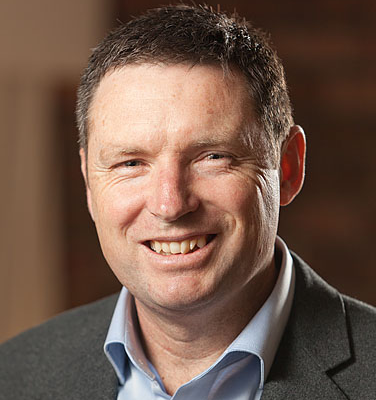Australian Christian Lobby vows to fight on after same-sex marriage vote defeat
The Australian Christian Lobby (ACL) has declared defiantly that the 61.6 per cent majority vote in favour of same sex marriage merely represents 'the beginning of a new phase' in campaigning 'to bring Christ's influence into politics'.
Lyle Shelton, managing director of the ACL wrote of his 'hope' despite the decisive postal referendum, and said that defenders of traditional marriage must now 'speak more, not less'.

'It's a disappointing day. And sometimes as Christians we find ourselves in a season of Lament,' he wrote in a blog post.
But, he added: 'The Christian view of lament is never without hope. We recognise the reality of our situation but we move forward in hope because we serve the living God.
'Despite today's loss in the marriage plebiscite, there is hope and there is much that we can take out of this campaign.
'Almost five million Australians voted No and at least one million of those were Yes voters who were persuaded by our campaign to vote No. That is a heroic effort.'
Shelton continued: 'Despite our loss today, you are not alone – you are part of a large movement of Australians who will always believe the truth about marriage.
'The challenge is what to do now. In many ways, not much changes. We continue to build a movement of Christians seeking to bring Christ's influence into politics.
'In addition, the Coalition for Marriage team, of which ACL is a part, is determined that this is not the end but the beginning of a new phase. Our amazing volunteers, having had a taste of grassroots political activism, want to keep going. We were inspired this afternoon to be on a phone hook-up with key volunteers from around the country. The clear message from them was "we want to keep going".'
Shelton added that his side lost the vote because of weakness in the face of pro-gay campaigners 'relentlessly' promoting their cause.
'We lost today because too many of us and our leaders have not been participating in public debates for far too long,' he said.
'The other side have been relentlessly using the tools of democracy to advance their cause for more than ten years. These tools are available to us if only we would use them (present company excepted). It was always going to be difficult for us to catch up even in a three-month-long postal survey. Going forward, things must change, we must speak more, not less.'
He concluded: 'The shape of the nation we leave to our children and grandchildren depends on what we do together next.'











